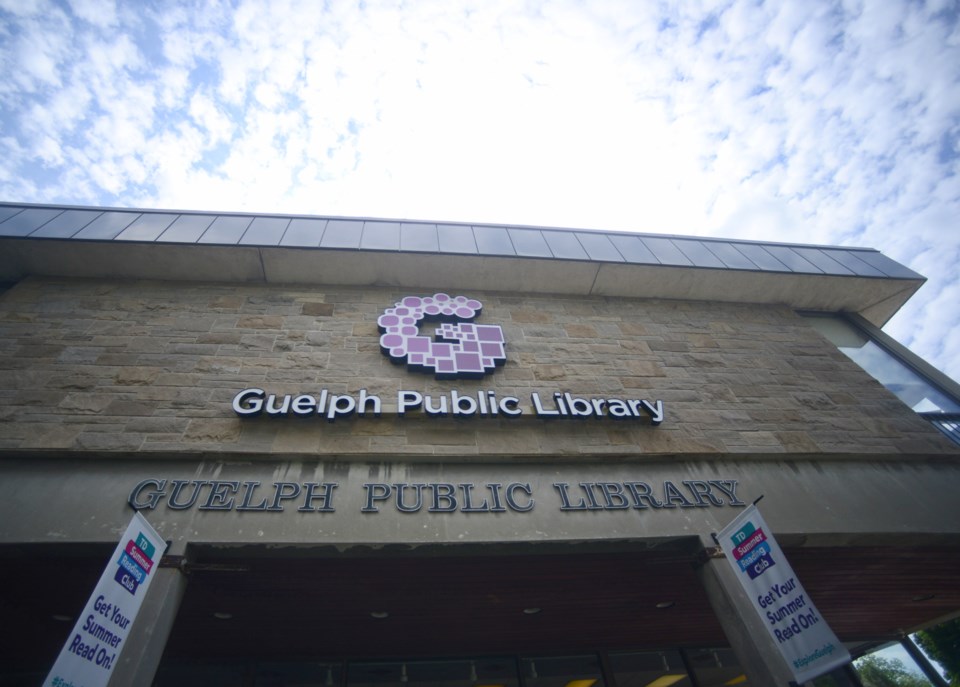The Guelph Public Library proved itself to be an ‘essential, non-essential’ service last year, says its CEO.
A total of 1,401,033 items were checked out for 2020, a drop from 2,195,160 items checked out in 2019.
But CEO, Steven Kraft says while less than 2019, this number is still a substantial amount, given they were closed for a number of months at the beginning of the pandemic.
“When we reopened to the public ... in August there, when people were able to come back into the library physically, that’s when our numbers started to increase again,” he said, “By the time December came around, we were doing a healthy, if not, regular circulation.”
Although it is a drop over 2019, Kraft said it is still a bigger number than what they were expecting.
“That is incredibly healthy, I am really surprised that we did that well."
Fiction books continued to be popular among readers last year, including books written by mystery author Louise Penny. Some books, like American Dirt and Where The Crawdads Sing, were also popular reads.
“It’s always been a staple for us, like romance and mysteries,” said Kraft about fiction books.
For non-fiction books, work by authors Mary Trump and Malcolm Gladwell made the top 10 list in 2020.
Kraft also notes from last year that there was a 71 per cent increase in digital materials being borrowed.
“There was a huge increase in digital material in audio, e-books, and e-audio books,” mentions Kraft.
As the in-person programs switched to online, Kraft said they did lose some participants within their activities.
“We’re not getting 80 people for story time like we used to,” he explains, “I think some people don’t have that technology or, you, know some people do miss that… intimacy.”
“It’s not quite that one-on-one format, or the enthusiasm isn’t quite the same.”
Despite a decrease in engagement with their programs, they did see larger audiences for their online events, including in their virtual history program, Underground Guelph, and a virtual cooking class which was hosted by Emily Richards.
Having received positive feedback for their efforts throughout the pandemic, Kraft said it’s all reinforcing the idea for them and their readers that the library is an essential, non-essential service.
“When times get tough, people really do rely on the library to survive,” he explains, “It’s a different type of survival, it’s mental health, people come here for educational and for informational reasons as well.”
“We’ve only heard good things from the people that we’ve missed and that have used us over this time period.”
